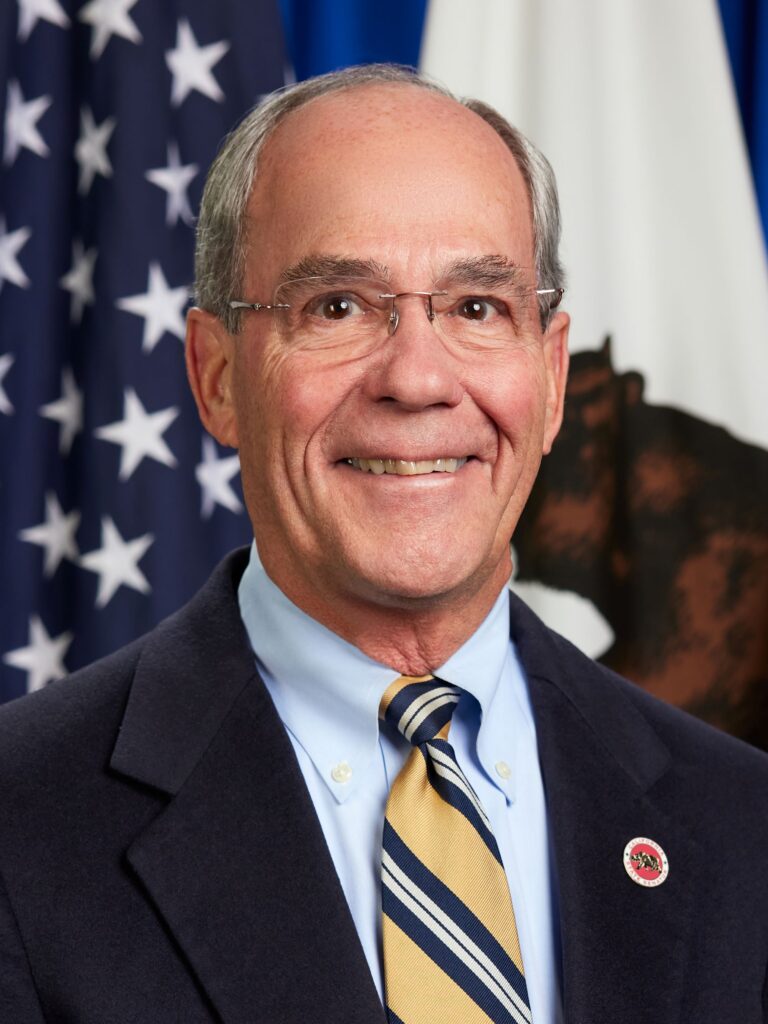A New Law and Existing Tools Help Developers in California Navigate Accessibility Requirements

By Lyla Maisto
6 min read
As tort reforms addressing property claims continue to develop nationwide, California developers and housing providers are championing the passage of Senate Bill 84. This bill would introduce an additional “notice and cure” period in the litigation of disability claims brought against businesses with 50 or fewer employees, including real estate and management companies that build and operate affordable housing in the state. According to its supporters, the bill creates new opportunities for property owners to maximize accessibility while clamping down on frivolous lawsuits.

Sen. Roger Niello (R-6th), the primary sponsor of SB 84, says that the goal behind the legislation is to give broader legal protections to small businesses. “The intent is to combat what have become popularly known as ‘drive-by lawsuits,’ where attorneys target small businesses, largely in disadvantaged areas, for alleged violations of the Americans with Disabilities Act, and the Unruh [Civil Rights] Act, which is the California equivalent,” Niello says.
Under current law, Niello says that litigious individuals can threaten to sue a business, only to go away if the recipient pays a certain amount of money. SB 84 “is to combat that,” he explains. Under the proposed law, Niello says that “an attorney could make an allegation of an accessibility issue with regard to a rental unit and issue a letter of notice to the owner of the rental; if that entity is 50 employees or less, they would come under the terms of this bill and be allowed 120 days to fix it.” This would not change the current legal process for businesses with over 50 employees.
Bipartisan Support
SB 84, jointly authored by Sens. Angelique Ashby (D-8th), Aisha Wahab (D-10th), Anna Caballero (D-14th), and Sasha Renée Pérez (D-25th), has attracted a bipartisan coalition. The bill also has broad support among professional organizations that represent affordable housing stakeholders.

Matthew Hargrove, chair of the California Business Properties Association (CBPA) and the Building Owners and Managers Association of California (BOMA California), says that SB 84 gives property managers with small teams an opportunity to fix violations as they are reported, rather than going straight to court upon receipt of a demand letter. “120 days is very reasonable for [a company] that’s told they have an access issue, because that company needs to then figure out how to address it. This bill is a reasonable, small step forward in terms of ensuring access,” he says.
Hargrove cites “high-frequency lawsuits” focusing on disability claims as a significant barrier to smooth operations for owners throughout the state and is optimistic that the provisions of SB 84 could lead to increased collaboration between landlords and tenants. “We need to be able to work with our tenants on these issues,” he says. “Some of these lawsuits have caused small companies to shut down or cease operations. We want access; we want more access. But we also want companies like this to be able to respond to create that access.”
CASp Provides Extra Protection
Hargrove is not a newcomer to policy collaborations between disability advocates and California’s business and real estate communities. He recalls CBPA’s involvement with creating two cornerstones of accessibility compliance – the Certified Access Specialist (CASp) program and the Commission on Disability Access (CCDA). Both programs, he says, have given owners much-needed tools to improve access.
In particular, the CASp program has become a dependable—if costly—pathway for enhanced accessibility protections. Created in 2008 via California’s Senate Bill 1608, the CASp program provides an opportunity for property owners to work with a state-licensed professional to proactively cure accessibility issues. CASp certification can then provide some protection in state courts.
The inspections are not mandatory in California, and small business owners often choose to forego them due to the limited availability and high expense of CASp inspectors in many parts of the state. According to Hargrove, CBPA supports efforts to help secure funding for smaller businesses to afford CASp inspections.
“We think there should be programs in place that allow smaller property owners—who can’t afford the CASp program—to hire a CASp, and to be inspected. We encourage our larger companies to also go through the CASp inspection,” Hargrove says.
Advertisement
Opposition
Support for SB 84 across the Golden State’s disability rights community is checkered. Not all advocates agree that the proposed changes will increase access, and some contend that the notice and cure period would introduce further barriers to plaintiffs with good-faith disability claims.
Disability Rights California (DRC), a Sacramento advocacy group that works statewide, wrote a letter emphasizing its opposition during Senate Judiciary deliberations. “This bill treats people with disabilities as second-class citizens by targeting them for additional procedural and legal barriers other protected classes do not encounter before they can enforce their rights. It shifts the burden to the person with the disability to inform the defendant of the access violations,” the letter says.
Before the Judiciary Committee on April 22, DRC director of public policy Eric Harris testified that the bill’s focus on plaintiffs was misguided. “There are a few bad actors abusing the Americans with Disabilities Act (ADA) to shake down businesses. This bill does nothing to stop that. It does not address unethical litigation practices, and it does nothing to promote ADA compliance. Courts already have tools to address frivolous litigation, and they use them regularly,” he said, referring to extant civil procedural rules.
Harris cited CASp inspections as another avenue for property owners to comply with accessibility codes. “A business can currently get protections from litigation if it gets a CASp inspection, which all businesses should try to do. The protections include immunity from litigation and financial support for fixing accommodation issues.” Harris contended that these existing programs sufficiently protected business owners from frivolous lawsuits in California.
Like Hargrove and CBPA, Disability Rights California advocates for programs that would help broaden CASp access. One such program would be the inclusion of a “nominal fee” in business license renewals to “help pay for CASp inspections and access improvements.”
“It is our understanding that CASp inspections can be expensive and only provide four months of protection [against lawsuits]. There are only about 900 certified CASps (inspectors) to serve over a million businesses in the state,” a spokesperson for Sen. Niello said in response to the question of why CASp was not sufficient, in its present form, to help owners improve access and cure violations.
Disposition
Amidst another tumultuous year in the California housing market, Niello hopes the bill will pass the Assembly and Gov. Newsom’s desk. “We have gotten it out of the Senate,” he says. “It has broad business and legal support.”
On June 4, SB 84 sailed through the Senate by a vote of 34-2-4, with two Democrats voting against and four senators absent. The bill is now being considered by the Assembly’s Appropriations and Judiciary Committees, with a hearing yet to be scheduled.